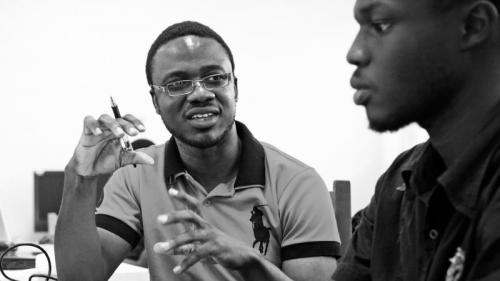ASSOCIATED PRESS by Maria Cheng and Raphael Satter March 20, 2015
GENEVA — In a delay that some say may have cost lives, the World Health Organization resisted calling the Ebola outbreak in West Africa a public health emergency until last summer, two months after staff raised the possibility and long after a senior manager called for a drastic change in strategy, The Associated Press has learned.
Among the reasons the United Nations agency cited in internal deliberations: worries that declaring such an emergency — akin to an international SOS — could anger the African countries involved, hurt their economies or interfere with the Muslim pilgrimage to Mecca.
Those arguments struck critics, experts and several former WHO staff as wrong-headed.
"That's like saying you don't want to call the fire department because you're afraid the fire trucks will create a disturbance in the neighborhood," said Michael Osterholm, a prominent infectious diseases expert at the University of Minnesota.
In public comments, WHO Director-General Dr. Margaret Chan has repeatedly said the epidemic caught the world by surprise.

 Mohamed Komah interviews an Ebola survivor at the Donka Ebola treatment center in Conakry, Guinea. Photo by: Internews
Mohamed Komah interviews an Ebola survivor at the Donka Ebola treatment center in Conakry, Guinea. Photo by: Internews

 Kpetermeni Siakor (left), a Liberian who is studying in Ghana, used crowdsourcing software to help out during the Ebola epidemic.
Kpetermeni Siakor (left), a Liberian who is studying in Ghana, used crowdsourcing software to help out during the Ebola epidemic.

Recent Comments